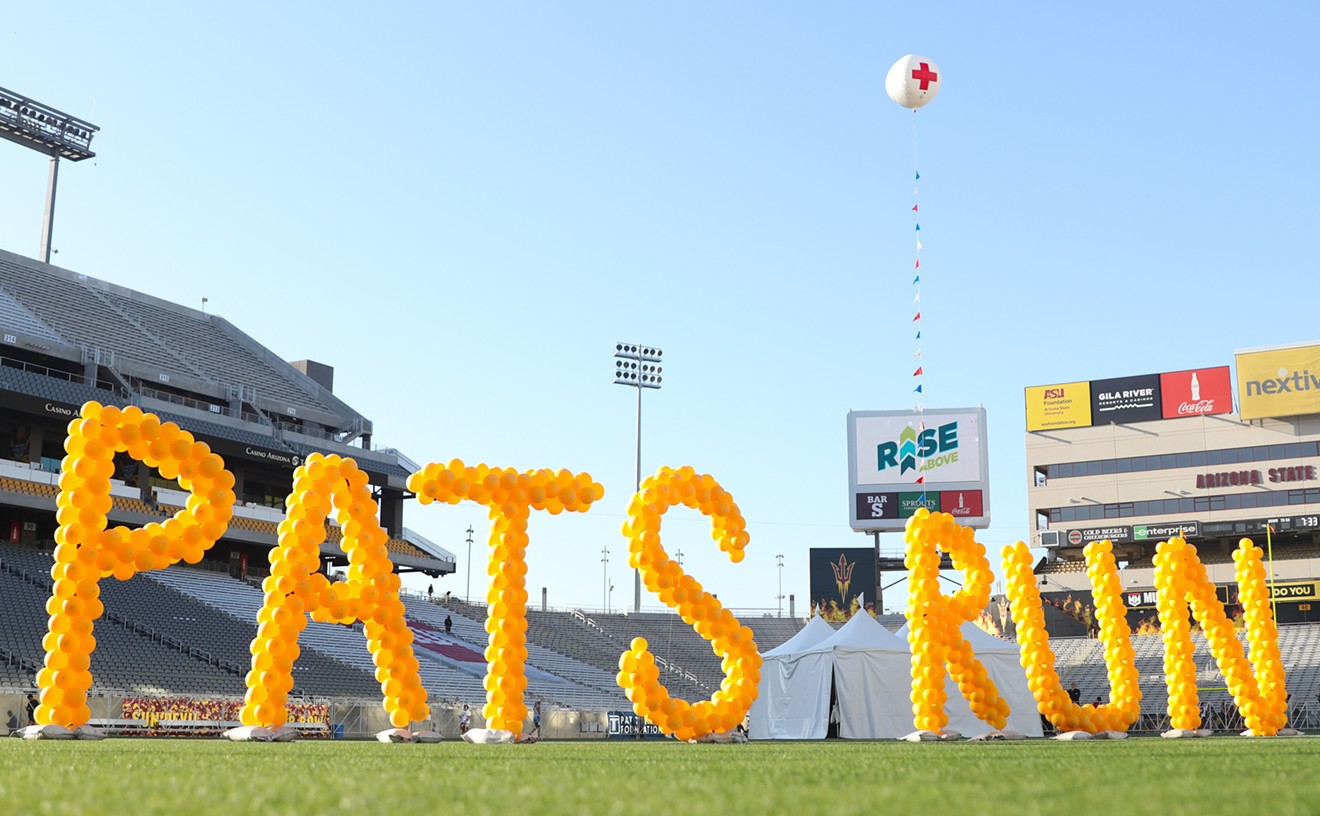Each week, we're recapping the second season of Unbreakable Kimmy Schmidt episode by episode.
By the standards of modern television, Unbreakable Kimmy Schmidt doesn't brand itself a particularly groundbreaking or boundary-pushing show. Instead, it typically falls into the "fun" and "easy to watch" categories of TV despite its heroine's dark backstory. But it quietly continues to expand its own boundaries, and "Kimmy Goes To Her Happy Place!" marks the show's first foray into animation.
Kimmy begins her therapy session with Andrea, where she explains her strategy for maintaining her bright disposition: She goes to her "happy place," a cartoon world where she sings a cheerful song to herself with a cast of anthropomorphic animals. Andrea argues that it's healthy to experience anger sometimes and encourages Kimmy to allow herself to feel anger. Kimmy goes to Lillian for a crash course in getting mad, but everyone sees Lilly as a charming old lady and no one starts a fight. When Lilly leaves, Kimmy irrationally flips out in the middle of a deli, and when she tries to return to her happy place, she watches the animals tear apart the cartoon Reverend limb by limb. In an emergency night therapy session, a drunken Andrea helps Kimmy realize the source of her rage: her mother who abandoned her.
Perhaps we can't reasonably ask for Disney-quality visuals on a few minutes of a live-action show, but something just looked off about everything in the first animated sequence, especially Kimmy herself. Which, based on what we see in the follow-up cartoon, very well could be the whole point. The second visit to the happy place isn't just the most brutal and graphically violent thing in Kimmy's history by a long shot, but it also might be the most horrific cartoon savagery we've seen anywhere. Yet it serves to show the extent of Kimmy's inner trauma when she loses control over it, a big running theme of this season now put into visual form.
Again we have to give props to Fey's performance as Andrea, whom we see in mostly sober form this time. When Kimmy proudly proclaims "I don't get pissed off, I get pissed on," Fey's half-dismissive half-disgusted facial reaction makes the joke.
Meanwhile, Mikey needs to come out to his Catholic Italian family, and Titus is all too enthusiastic to help with the ceremony. Yet when they gather and Mikey breaks the news, they take it remarkably well, rendering Titus's prepared performance unnecessary. Titus reveals he never had the chance to come out to his own family and hoped to get his own moment of catharsis through this event. Soon after, a local man starts making racist remarks about Titus, giving him the opportunity to still give his speech about tolerance, this time regarding race rather than sexuality.
This is yet another Titus story without much substance or consequence. Mikey's family definitely stands out, filling a space in between a riff on Italian American stereotypes and a unique family with a unique set of quirks. But the contrived solution to allow Titus to perform his speech undermines the effectiveness of what could have been an important character moment. Titus Burgess remains the show's most expressive and iconic performer, but the writers really need to give him something to do.
Biggest Laugh: Titus: "The only therapy I ever had was a Christian summer camp that tried to make boys less 'musical.' [in song] It was a totaaaal bangfest!"
Biggest Surprise: Mikey's grandmother, portrayed with a wooden puppet. It's a strange and bold choice, and one not entirely in line with the general tone of the show, but it's certainly visually striking.
[
{
"name": "Air - MediumRectangle - Inline Content - Mobile Display Size",
"component": "18478561",
"insertPoint": "2",
"requiredCountToDisplay": "2"
},{
"name": "Editor Picks",
"component": "16759093",
"insertPoint": "4",
"requiredCountToDisplay": "1"
},{
"name": "Inline Links",
"component": "17980324",
"insertPoint": "8th",
"startingPoint": 8,
"requiredCountToDisplay": "7",
"maxInsertions": 25
},{
"name": "Air - MediumRectangle - Combo - Inline Content",
"component": "16759092",
"insertPoint": "8th",
"startingPoint": 8,
"requiredCountToDisplay": "7",
"maxInsertions": 25
},{
"name": "Inline Links",
"component": "17980324",
"insertPoint": "8th",
"startingPoint": 12,
"requiredCountToDisplay": "11",
"maxInsertions": 24
},{
"name": "Air - Leaderboard Tower - Combo - Inline Content",
"component": "16759094",
"insertPoint": "8th",
"startingPoint": 12,
"requiredCountToDisplay": "11",
"maxInsertions": 24
}
]










